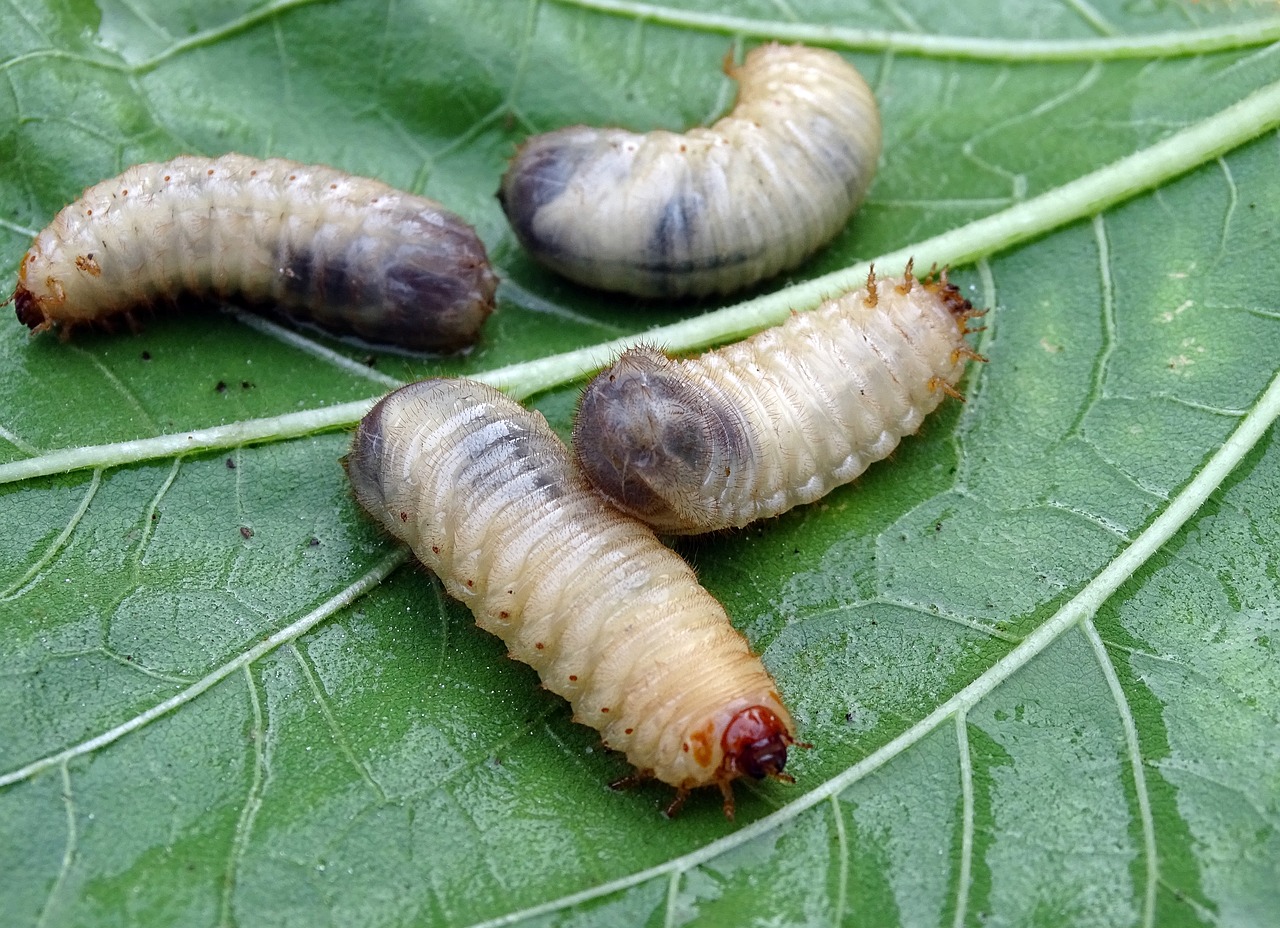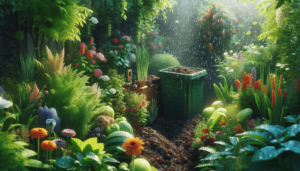Today, we’re here to tackle a common concern among compost enthusiasts: how to keep those pesky pests away from our beloved compost piles. We all know how frustrating it can be to put time and effort into creating rich, nutrient-filled compost, only to have it invaded by unwanted critters. But fear not, as we have some simple yet effective tips and tricks to help you maintain a pest-free composting experience. By implementing these strategies, you’ll be able to enjoy the benefits of a thriving compost pile without the annoyance of pests spoiling the party. So, let’s dive right in and discover how to keep pests away from your compost once and for all!
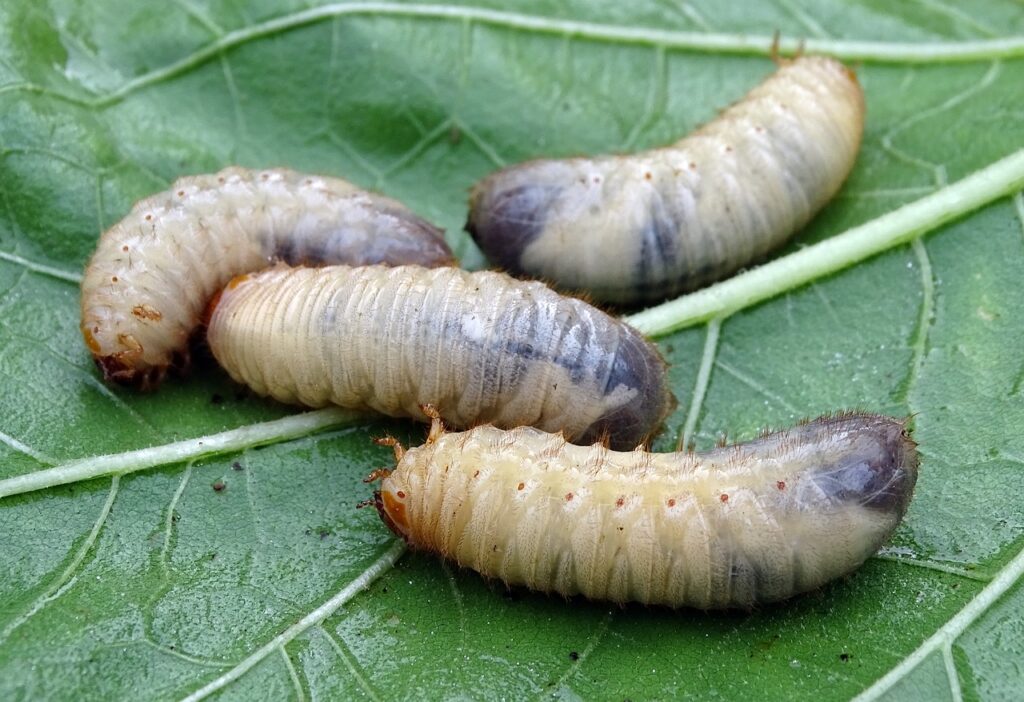
Choose the Right Location
Setting up your compost bin in the right location is essential to keep pests away. Make sure to choose a well-drained area for your compost bin. Excess moisture can attract pests such as flies and rodents, so it’s crucial to have proper drainage to avoid water buildup. Additionally, placing the bin on a solid base, such as bricks or concrete, can prevent burrowing pests from accessing your compost. Lastly, keep the compost bin away from buildings or structures to avoid any potential pest problems spreading to nearby areas.
Use the Right Type of Bin
To prevent pests from getting into your compost, it’s vital to use the right type of bin. Opting for a closed or covered compost bin is highly recommended. This will prevent pests from entering and causing a nuisance. Open piles or bins can attract rodents, raccoons, and other animals looking for food scraps. Consider using a tumbling composter, which makes it even harder for pests to access the compost while providing a convenient way to turn and mix the materials.
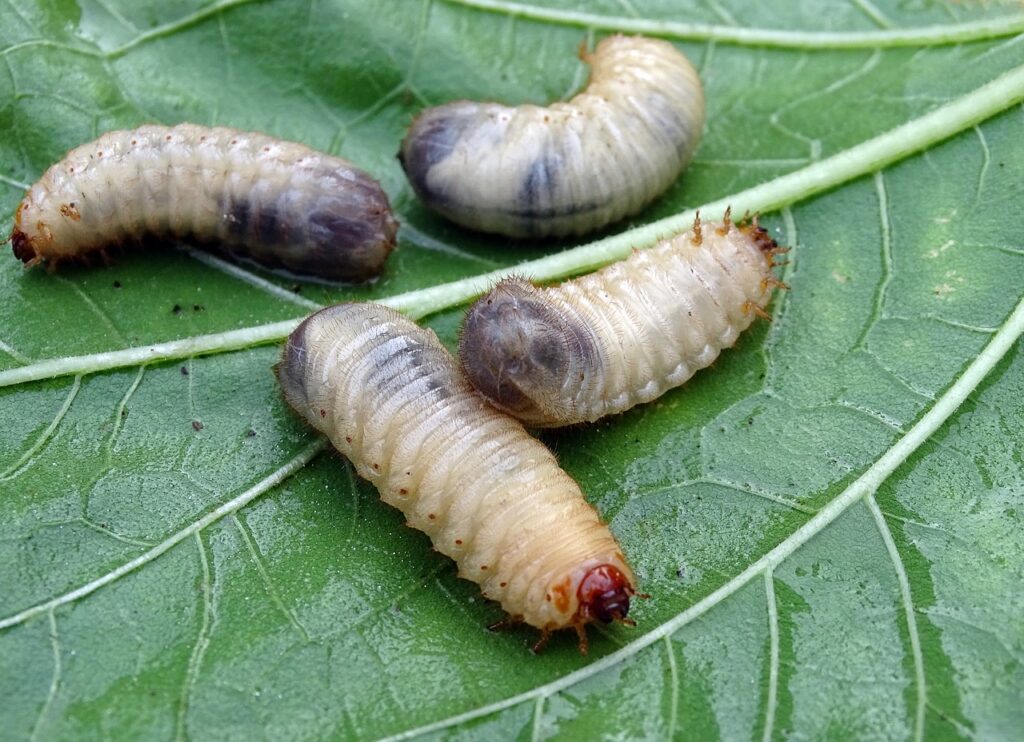
Balance the Compost
Maintaining a proper balance of carbon and nitrogen is crucial for successful composting and preventing pest issues. Aim for a carbon-to-nitrogen ratio of around 30:1 to ensure efficient decomposition. Avoid adding too much green or wet material, such as grass clippings or fruit scraps, as this can create a favorable environment for pests. Mixing the compost regularly helps distribute the materials and enhances the decomposition process, making it less attractive to pests.
How Do I Keep Pests Away From My Compost?
Cover the Compost
Covering your compost pile is an effective way to deter pests and keep the compost contained. Use a tarp or breathable fabric to cover the compost pile fully. This prevents pests, insects, and rodents from accessing the compost. If you’re using a compost bin, choose one with a sealed lid to ensure complete coverage. Another option is to cover the compost with a wire mesh to keep pests out while still allowing airflow.
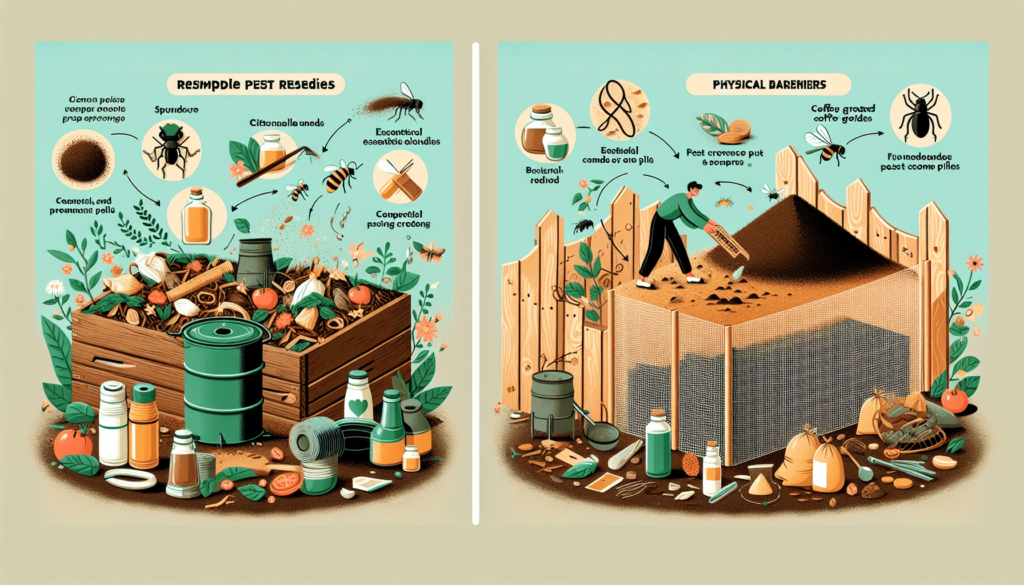
Avoid Certain Foods
Certain foods can attract pests and cause disruptions in the composting process. To keep pests away, it’s best to avoid adding meat, dairy, or oily foods to the compost. These items can emit strong odors that attract unwanted visitors. Additionally, cooked food scraps should be excluded from the compost as they may also attract pests. Lastly, it’s important to exclude pet waste from the compost, as it can introduce harmful bacteria and attract pests.
Keep the Compost Moist but Not Wet
Proper moisture management is essential for successful composting and pest prevention. Regularly monitor the moisture level of your compost pile and ensure it remains moist but not overly wet. Dry compost may deter pests but can slow down the decomposition process, while excessively wet compost can create a breeding ground for pests. If needed, add water to the compost to maintain the right moisture level. Avoid overwatering, as it can lead to waterlogged compost and pest issues.
Turn the Compost Frequently
Turning the compost regularly has numerous benefits, including pest deterrence. Use a garden fork or compost turner to mix the compost thoroughly. This helps distribute heat, moisture, and oxygen, making your compost less appealing to pests. Turning the compost also speeds up the decomposition process, reducing odors that can attract pests. Aim to turn the compost every few weeks or whenever you notice it becoming compacted or excessively moist.
Use Beneficial Insects and Animals
Introducing beneficial organisms to your compost can help control pests naturally. Encourage insects like beetles and spiders to take up residence in your compost by avoiding the use of chemical insecticides. These organisms feed on pest larvae and eggs, helping to reduce their populations. Additionally, inviting birds to your garden can be beneficial, as many bird species prey on garden pests. Providing birdhouses, feeders, and birdbaths can attract birds to your garden and help control pest populations.
Control Moisture and Temperature
Proper airflow, moisture, and temperature control are essential factors in pest prevention. Ensure that your compost bin allows for proper airflow by avoiding compacting the materials. Aerate the compost regularly by turning it, which promotes oxygen circulation and discourages pests. Avoid excessive moisture buildup, as it not only attracts pests but can also lead to anaerobic conditions. Monitor and regulate the temperature of your compost, as extremely high or low temperatures can disrupt the composting process and attract pests.
Address Pest Infestations Promptly
Even with preventive measures, it’s possible for pests to find their way into your compost. If you notice signs of pest infestation, it’s crucial to take immediate action. Identify the type of pest and research appropriate solutions to eliminate them effectively. Whenever possible, opt for organic pest control methods to minimize any negative impact on the environment. It’s also essential to remove any damaged or infested material from the compost to prevent the infestation from spreading further.
By following these tips and guidelines, you can effectively keep pests away from your compost. Remember to choose the right location, use the appropriate type of bin, balance the compost, cover it, avoid certain foods, maintain proper moisture levels, turn the compost frequently, encourage beneficial insects and animals, control moisture and temperature, and address pest infestations promptly. With these strategies in place, your composting journey will be pest-free and successful, resulting in nutrient-rich compost for your garden. Happy composting!

